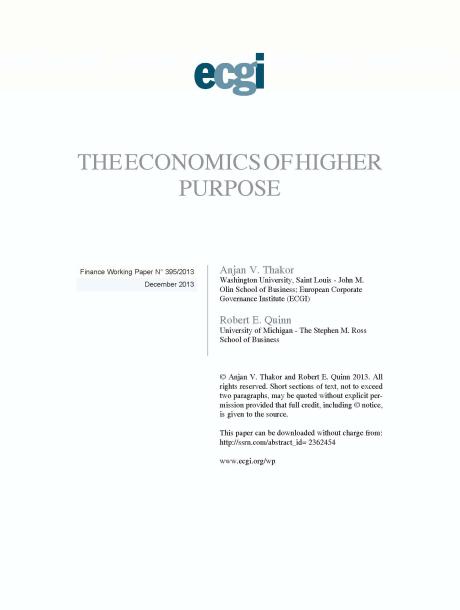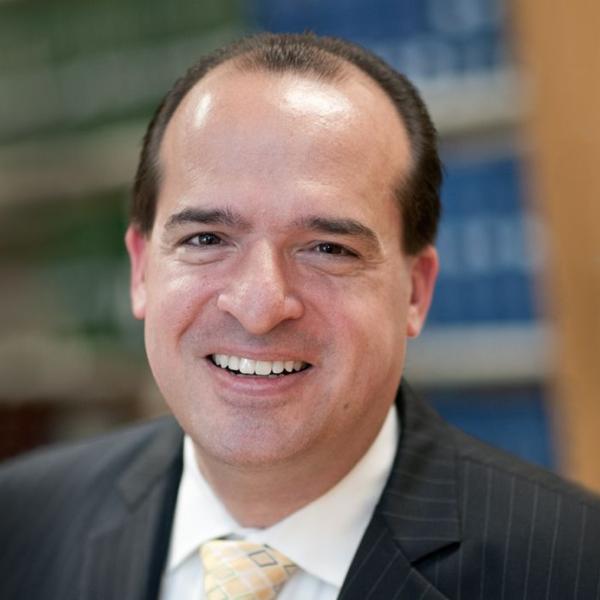
The Economics of Higher Purpose
Abstract
We develop a theory of how the intersection of business goals and the pursuit of ?higher purpose?? something that produces a non-pecuniary social benefit valued by the principal and the agent ? affects economic outcomes. Two types of principals ? those pursuing only wealth maximization and those pursuing both wealth and a higher purpose ? are considered. These are typically viewed as competing approaches to running organizations. However, the theory we develop, which shows that the pursuit of higher-purpose projects reduces labor costs and increases capital investments, highlights a potential complementarity between the principals pursuing a higher purpose and those exclusively pursuing wealth. The complementarity arises because the pursuit of higher-purpose projects by others can relax budget constraints for wealth-maximizing principals, and the presence of purely-wealth maximizing principals may be essential for the higher-purpose-pursuing principals to obtain external financing. The absence of either type of principal may lead to a market breakdown involving no projects being undertaken.








